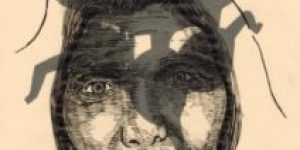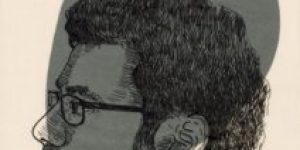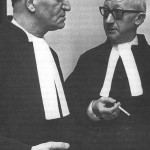Iraqi-Jewish Oral History | Ghetto In Diwaniya, Iraq 1941: Lynette’s interview With Daniel Sasson
No Comments yetJan. 15, 2020 ראיון עם דניאל ששון בעברית עם כתוביות באנגלית: הגטו בדיווניה, עיראק
I had the honor of interviewing Daniel Sasson about his book, “The Untold Story” (available in Hebrew). Inspired by the ghettos in Europe during the Holocaust in 1941, then Iraqi Prime Minister Rashid Ali set up a Nazi-like ghetto for over 600 Jews in the small city of Diwaniya, located just outside Baghdad.
Daniel was only 5 years old, and his family was one of the most prominent Jewish families in Iraq at the time. A couple days after the ghetto’s release came the ‘Farhud’, a pogrom in which hundreds of Jewish homes were looted and destroyed, 200 Jews murdered, thousands injured, and Jewish life in Iraq forever changed. Its 79th anniversary was a few days ago.
Daniel was one of my first interviewees last summer, when I was conducting interviews for my Master’s thesis. I spent the entire Fall semester processing the things he and other interviewees told me– stories I couldn’t get out of my head for months. I am honored to have met such a resilient person like him, and I believe that English-speaking communities have so much to gain by learning about the stories and experiences of Iraqi Jews.
(If the English translations don’t come up automatically, press “CC”)
היה לי כבוד להיפגש עם דניאל ששון ולדבר על הספר שלו, “הסיפור שלא סופר,” על הגטו הראשון (והאחרון) בעיראק. אין לי מספיק מילים להודות לו על ההזדמנות הזאת. למדתי על ההשפעה של הנאציים בעיראק, חיים שלו בבגדד, ומה קרה בתוך הגטו. הקהילה היהודי העיראקית חזקה מאוד, עשירה, ומלא עם סיפורים מדהימים– זה כדאי לשמוע, להבין, וללמוד מהם.
אם אין כתוביות באנגלית, לחץ על “cc”
You May Also Like
Comments
Leave a Reply





